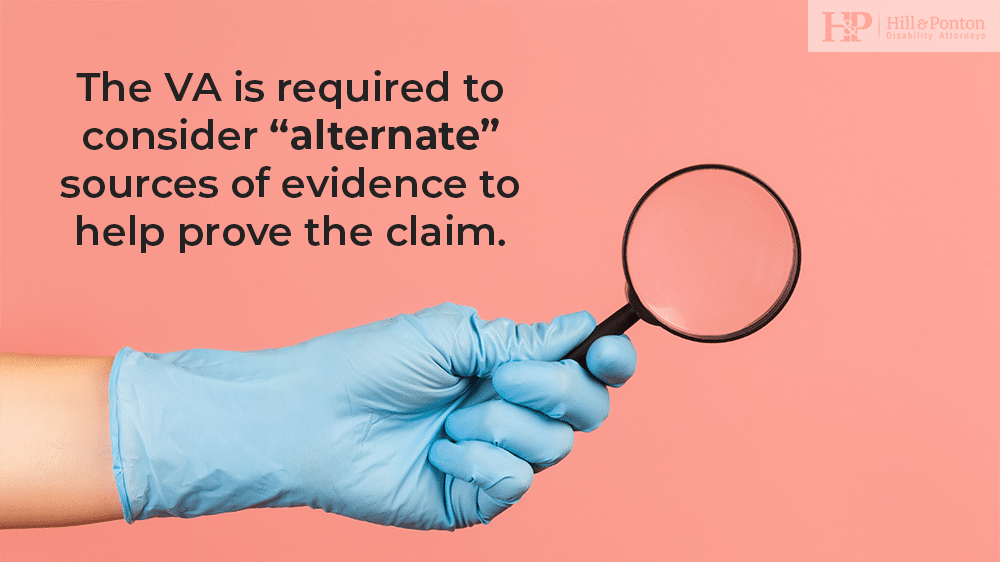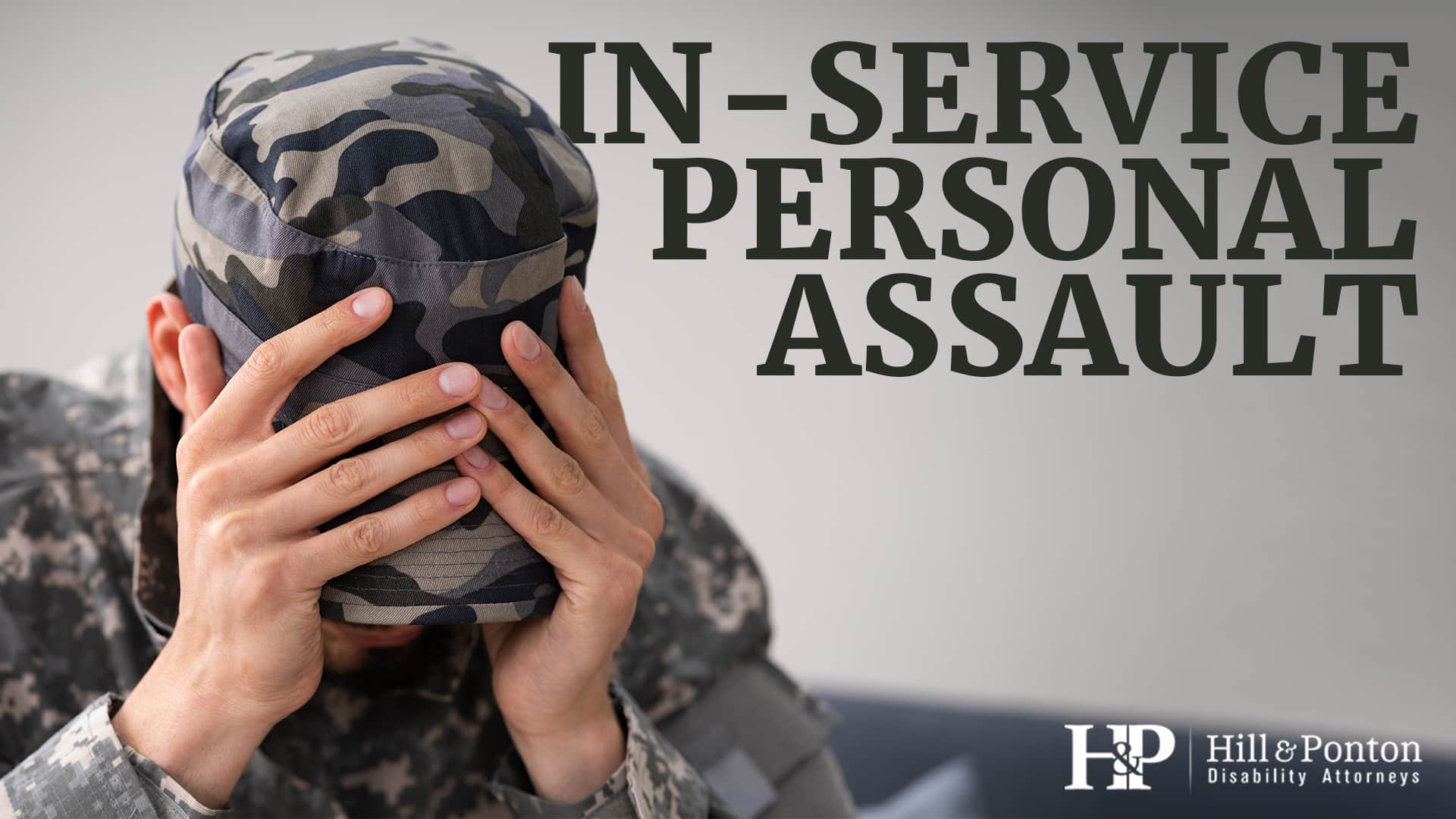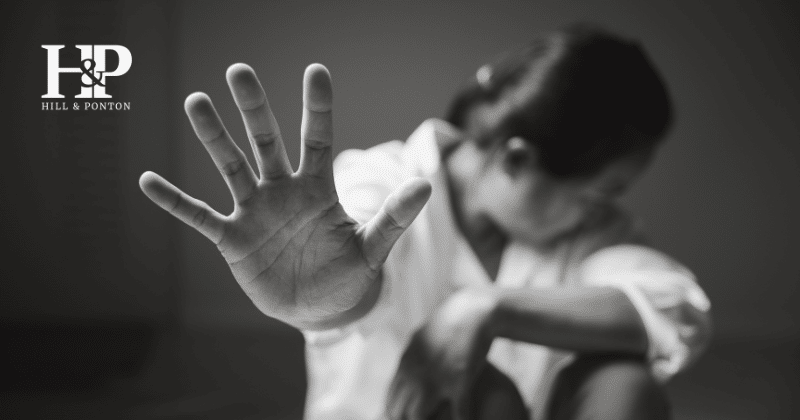When most people think about military trauma, the default is to always think of rape or some other form of sexual assault. But there are many other forms of “personal assault” outside of MST that, if proven, would also entitle affected veterans to disability compensation.

Types of Personal Assault
The regulation that deals with service connection for PTSD due to in-service personal assault, 38 C.F.R. 3.304(f)(5), does not limit “personal assault” to only those cases where some sort of sexual infraction has been committed.
To the contrary, the VA’s interpretation of the PTSD regulation specifically states that “personal assault” encompasses not only rape, but also physical assault, domestic battering, robbery, mugging, stalking, and harassment. All of these are examples of traumatic and stressful events, which fall within the VA’s definition of “personal assault.”
For example, if a service member is physically beat up, robbed, or harassed in some way during service, then that sort of event could also potentially form the basis of a claim for service connection for PTSD based on personal assault. In other words, the event that constitutes the “assault” doesn’t have to be sexual in nature.
Difficulties with Personal Assault Claims
It goes without saying that proving a personal assault case is difficult. Yet, these cases are not impossible to win, and having the correct knowledge regarding how to navigate these claims is a great place to start.
There are two aspects of personal assault claims that make them difficult to prove. First, many people who are subject to personal assault, especially harassment, stalking, or domestic violence, often do not report for fear of reprisal, among other reasons. This can lead to a lack of objective evidence in the record.
Second, there are often no witnesses to these events, or if there are, they are not willing to make statements to corroborate the veteran’s claim. The veteran’s often try to act normal so many people do not witness behavioral changes or actual events that can be considered markers or evidence of these acts of personal assault.
3 Rules That The VA Must Follow Before Deciding Personal Assault Claims
There are a few rules that the VA must follow when deciding these claims. The rules include:
1. The VA cannot deny the claim simply because the incident was not reported.
In this regard, the VA’s guidelines specifically state that personal trauma is an extremely “personal and sensitive issue” and that they recognize that “many incidents of personal trauma are not officially reported.” Nevertheless, although this is what the guidelines state, the VA commonly denies claims due to the victim’s lack of reporting.
For this reason, if a decision is issued and the claim is denied strictly based on a lack of reporting, the veteran should absolutely file an appeal, because a denial on that basis is clear error.

2. The VA cannot deny the claim simply because the evidence, on the surface, doesn’t seem to support that a personal assault actually occurred.
VA’s guidelines specifically recognize that many victims have difficulties producing evidence to support that an in-service assault actually occurred. Therefore, the VA is required to consider “alternate” sources of evidence to help prove the claim.
The VA has to tell the veteran that evidence other than that found in service records can be submitted, and the VA has to allow the veteran the opportunity to submit such evidence. Some types of evidence that can be used to support a PTSD claim based on a personal assault are:
- Records from law enforcement authorities
- Rape crisis centers
- Mental health counseling centers
- Hospitals or physicians
- Pregnancy tests or tests for STDs
- Statements from family members, roommates, fellow service members or clergy
Within this alternate evidence, the VA is required to consider “behavior changes,” which may indicate and provide validity to the claim that an assault occurred. Examples of behavior changes that may constitute credible evidence of the stressor include:
- A request for a transfer to another military duty assignment
- Deterioration in work performance
- Substance abuse
Whatever evidence you have, submit it to the VA and the VA can then submit any evidence it receives to an appropriate medical or mental health professional for an opinion as to whether it indicates that a personal assault occurred.
In PTSD claims based on personal assault, medical opinions that happened after the stressor can corroborate the claimed stressor and must be considered by the VA in determining whether the evidence establishes that the stressor occurred.
3. The VA is required to evaluate after-the-fact medical opinions which support that an in-service personal assault occurred.
For most cases, a strong nexus opinion from a qualified medical professional is needed in order to succeed. In personal assault cases, this often means that mental health doctors will be reviewing records, sometimes very limited or sparse, in their efforts to evaluate if there is enough evidence in the file to support that it is at least as likely as not that the personal assault actually occurred.
If a doctor is able to give a favorable opinion to support the veteran, then the VA will often times try to discount that opinion, by stating that it was given “after-the-fact” and that the doctor’s opinion on this issue can’t possibly be valid.
Again, the law says that this is an improper reason for the VA to deny service connection, and if the claim is denied for this reason, the veteran needs to appeal.
Has VA denied your claim of PTSD based on personal assault? Get a free case evaluation here.



